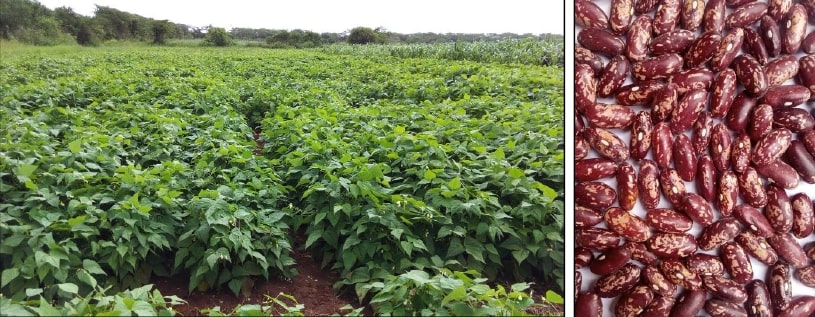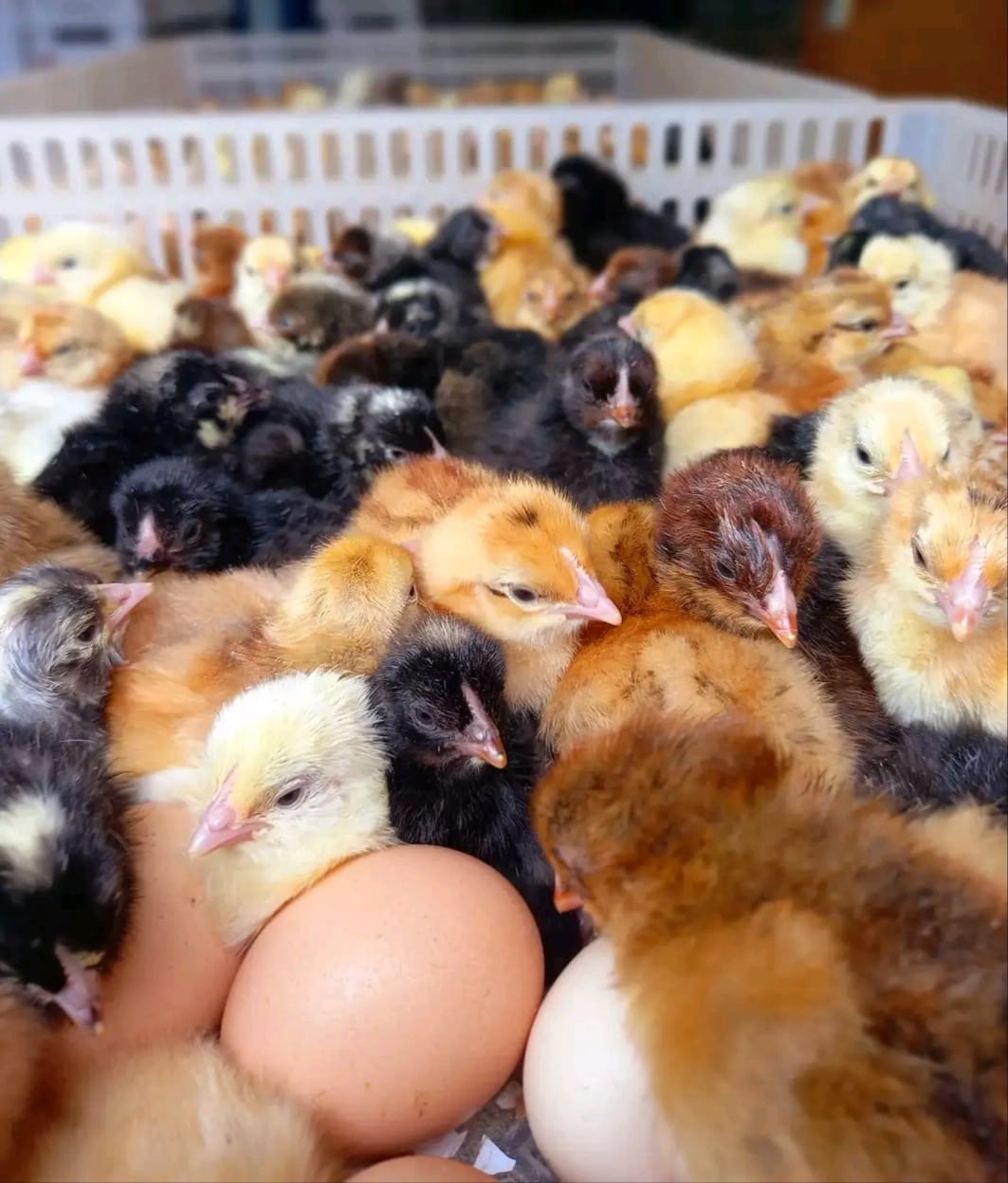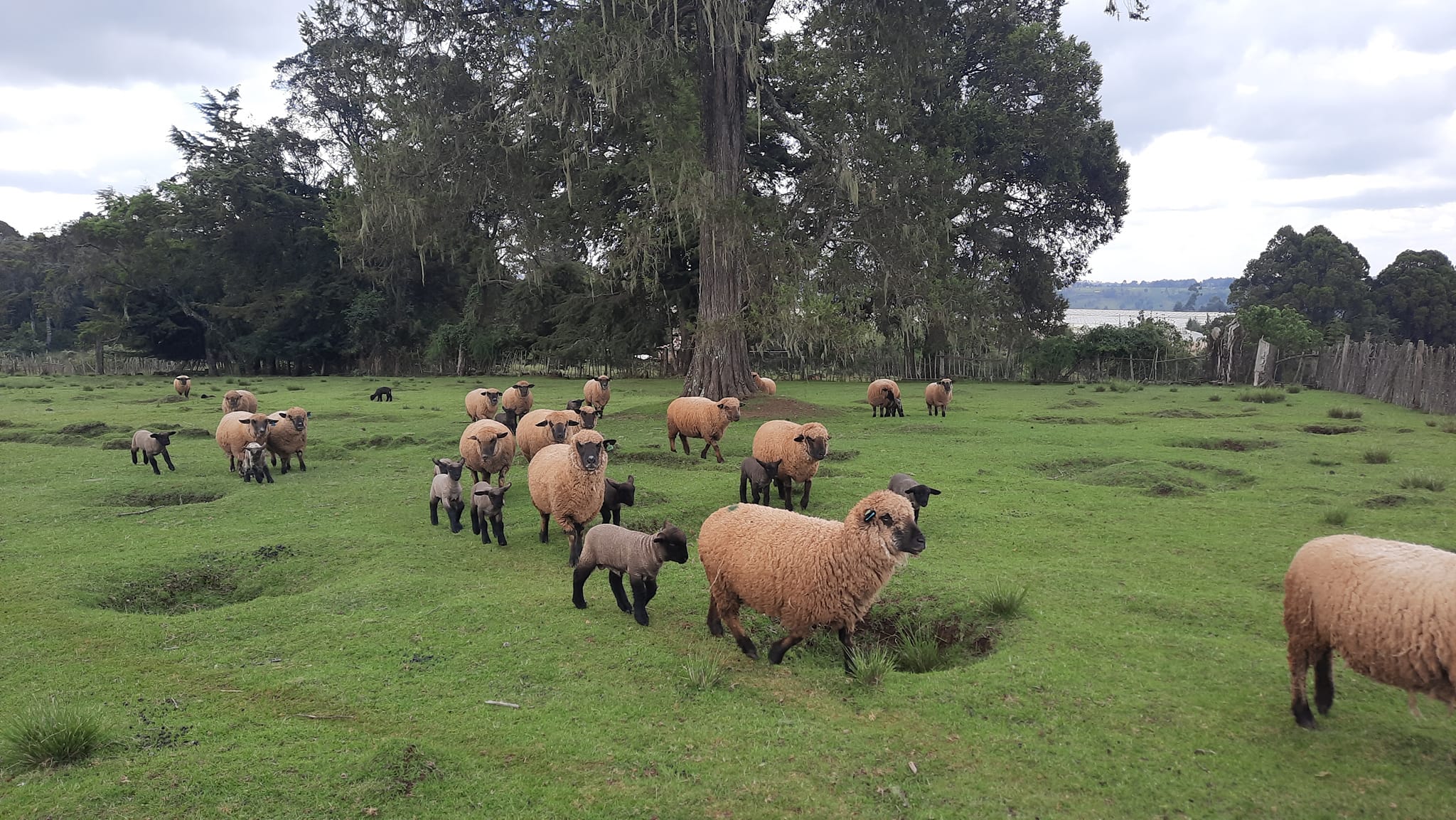
By George Munene
Kenyan farmers are being urged to take up the growing of in-demand fast maturing, disease-resistant, and high-yielding zinc and iron-rich bean varieties.
These beans which were introduced to the mass market last year have been a hit with farmers and consumers alike.
They mature in just 60 days compared to the usual 80-120 days. Yield over three tons an acre compared to two tons harvested from older varieties and are disease and pest tolerant.
They are further reputed for their efficiency in moisture utilisation.
According to consumers they have great taste, cook in half the time taken by traditional beans, and have a low flatulence. This means they fetch a premium in markets.
These biofortified beans include Nyota (available through KALRO Katumani); Angaza and Faida-- both developed by the Center for International Tropical Agriculture (CIAT); Kenya Madini and Kenya Cheupe developed by the University of Nairobi.
Related News: Heat tolerant beans that fight climate change
Related News: Ready market & higher returns encourage tobacco farmers shift to beans
According to Dr. Beatrice Kiage of the Food, Agriculture and Natural Resources Policy Analysis Network (FANRPAN), these beans are cheap to produce and highly adaptable which could make them handy in Kenya’s fight against ‘hidden hunger.
“About 26 per cent of Kenya's population is stunted. This affects both physical and mental development in children. It's been shown that the IQ levels of malnourished kids are 11 per cent lower than average and they earn 22 per cent less income as adults compared to their properly nourished counterparts. We cannot properly develop as a country until we remedy this.
This can be done through the consumption of beans that are high in iron and zinc,” she said.
Further, Iron deficiency is the major cause of anemia which affects up to 43 per cent of Kenya’s under five-year-olds and 40 per cent of pregnant women.
Zinc and Iron are also critical in child cognitive development while Zinc helps produce testosterone. Low levels of Zinc may be associated with erectile dysfunction.
The biofortified beans have five times more iron and zinc compared to biofortified maize meal.
FANRPAN under the ZironPulse Project is holding farmer training field days to guide farmers on the emergent challenges in bean production.
Related News: 25 Muranga farmers earn Sh20m a year from French beans through group export contract
“The main challenge facing most farmers is climate change. Previously farmers used to grow high-altitude crops but have been forced to scale down to dryland crops. Lowland pests such as aphids and whiteflies have also invaded Kenya’s highlands as have diseases such as blight because of the high diurnal temperature ranges within our zone,” said Kieni East sub-county agricultural officer Caroline Mwenze.
At 6,000Mt, Kenya is Africa’s second-largest bean producer behind Rwanda but still faces a supply deficit of 1,000Mt. Most of this is made up of traditional varieties like Rosecoco, Wairimu, and Chelalang.
Write comment (0 Comments)

















